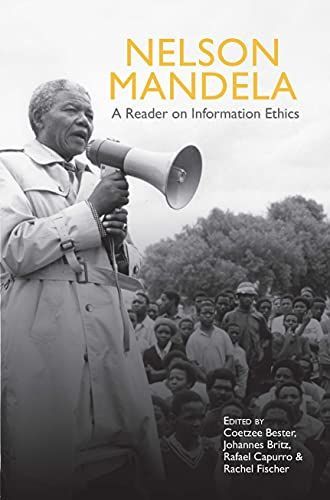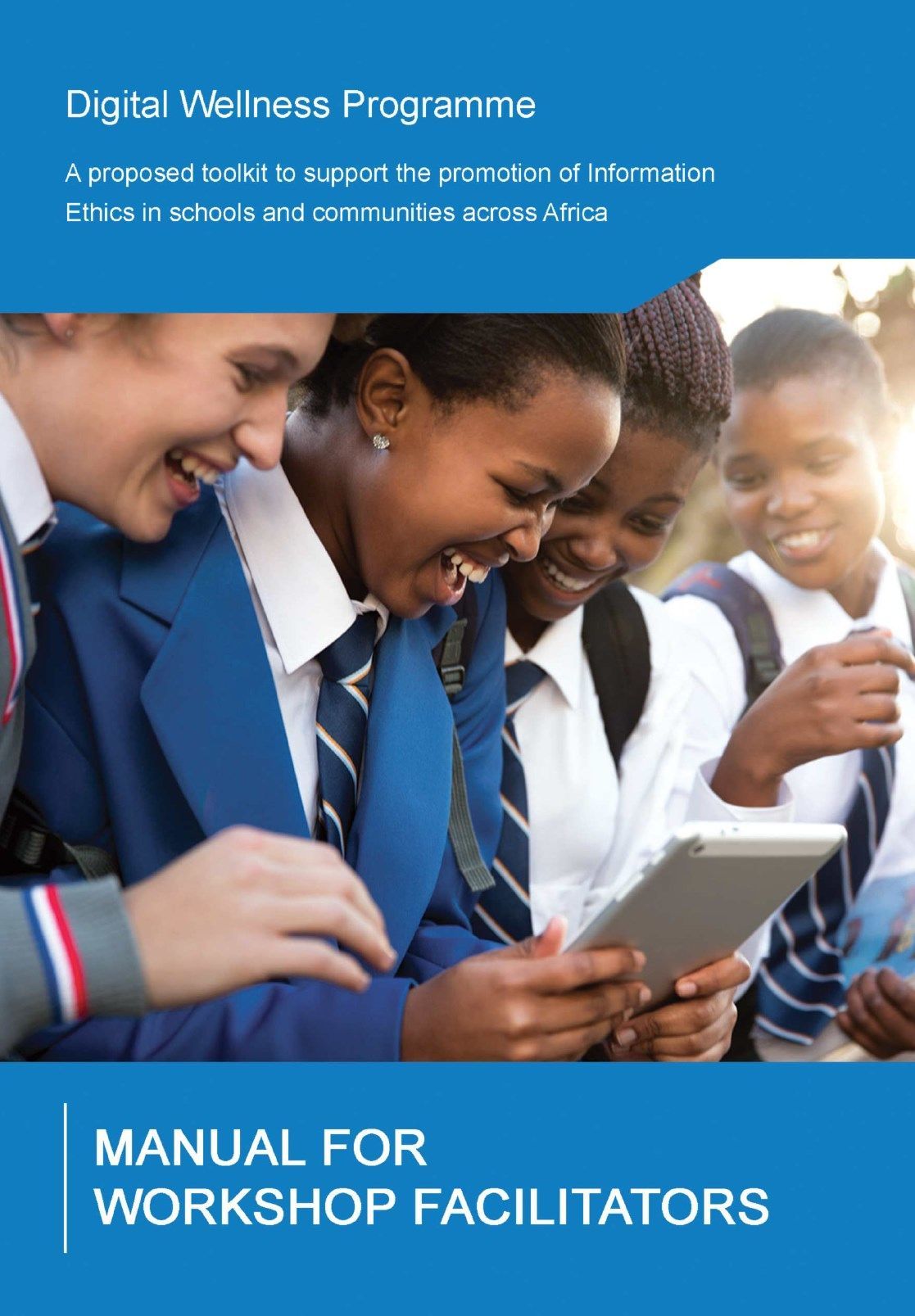The development of a curriculum model for the teaching and training of information ethics at different educational levels in a multi-cultural Southern Africa.Thesis.
Coetzee Bester
2018
Abstract
As early as in 2008, Howard Owens suggested that in an age when access to information was as open as a billion galaxies, each individual was responsible for handling information ethically. He also referred to the availability of information and compared it to the flow of a million Mississippi rivers (Owens, 2008). In 2015 this view was emphatically reiterated by Tony Bates (2015) who pointed out that, in the digital age, we are surrounded (indeed, immersed!) in technology. The rate at which technological change is occurring shows no sign of slowing down, and it prompts massive changes in the current economy. It affects the way we communicate and relate to each other and, increasingly, the way we learn (Bates, 2015), even though our educational institutions were built largely for an industrial age rather than for a digital era. Fact is, information has never been as cheap, as fast and as vast as it is today. Each of these characteristics implies both huge opportunities and challenges regarding the ways in which humans could use and/or misuse information. The global information society is confronted with an increasing number of new challenges that have become an intrinsic part of the digital environment. Previously unknown challenges like hacking, cyber-crime, cyber-bullying, as well as problems caused by the use and misuse of digital-based social media, have spurred on information practitioners and researchers to detect and examine modern versions of old crimes, as well as completely new crimes. Emerging from their observations is the notion that there is a need for formulating principles to guide digital users’ personal behaviour (information ethics). Such principles could guide human beings who, based on their digital profiles and activities, could be referred to as digital or cyber-citizens of the 21st century Information Age.
Practical engagement with social media, some of which unfortunately have an extremely negative impact, influence the daily experiences of individuals. While mass media and 14 instant news inform many cyber-citizens, hurried participation on electronic social platforms is costing many people not only their jobs, but also their dignity. Moreover, the use of official and private spy equipment not only threatens people’s privacy but could also lead to the emergence of social problems like fake news, personal harassment and cyber-bullying. All these topics form part of the bigger new picture of human interaction in cyber-space and/or the digital environment. A possible negative result of damaging experiences and fear of cyber-challenges could be that people begin to feel unsafe and insecure on these information platforms: consequently, they may actively stop using available digital equipment. In doing so, they could be limiting their access to information and end up leading information-impoverished lives. This situation is also possible on the African continent.
It is, however, fair to question the truth of the mass media’s claim that connectivity on the African continent is a high priority for both the private sector and government.
Bester, BC 2018, The development of a curriculum model for the teaching and training of information ethics at different educational levels in a multi-cultural Southern Africa, PhD Thesis, University of Pretoria, Pretoria, viewed 2024/06/05 <https://repository.up.ac.za/handle/2263/67802>


